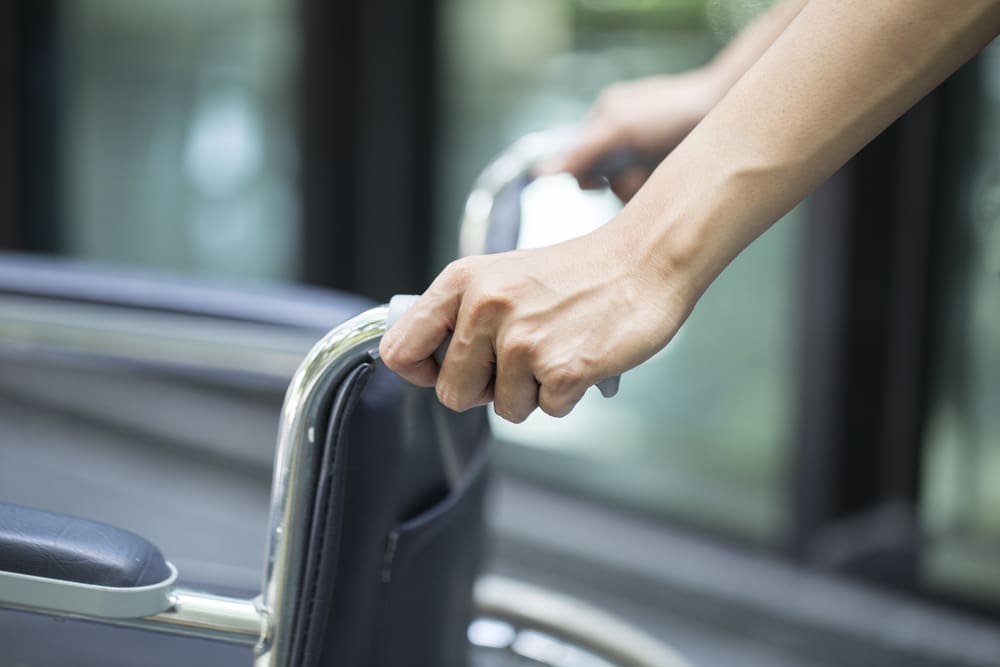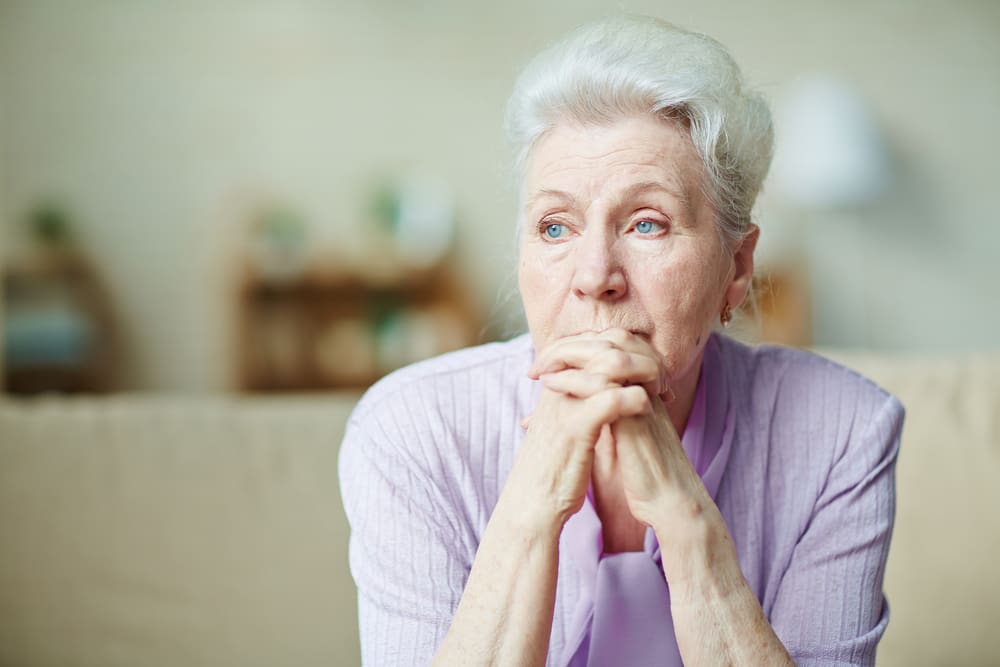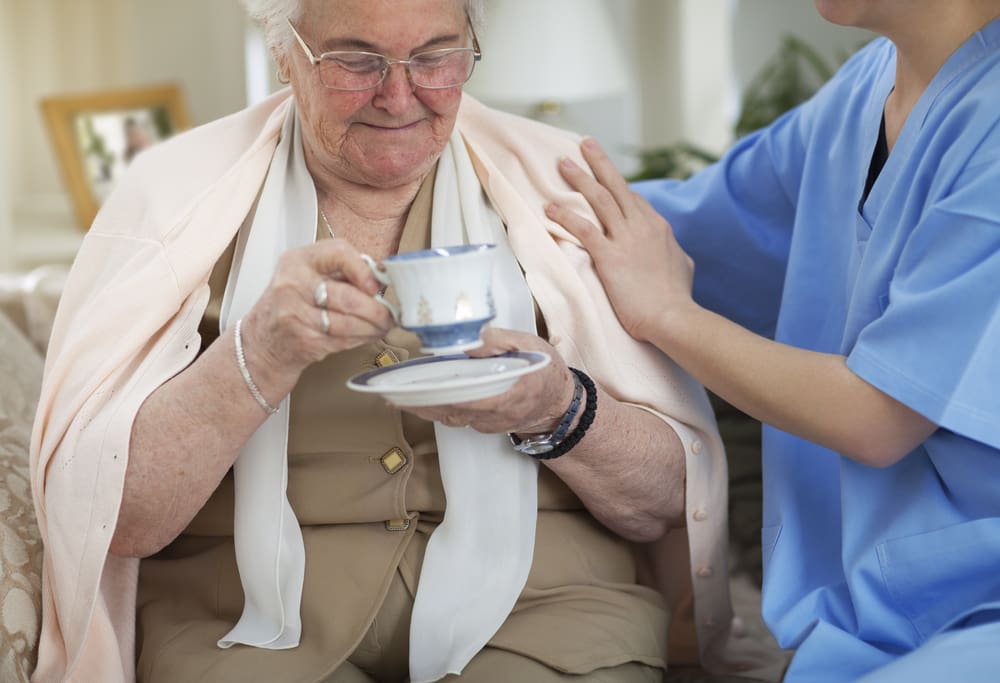Hospital discharge is a stressful experience but can be mitigated with help from a live-in carer. They can oversee the transition and your loved one’s recovery.
Hospital discharge is a stressful process for both patients and family members, but is vital to the health and well-being of your loved one during recovery.
Here we take a look at why successful hospital discharge is so important, and how live-in care can support this process.
Why is getting hospital discharge right so important?
Returning home from hospital can cause a lot of discomfort for your loved one if the right care isn’t in place.
There are two common barriers to a successful hospital discharge:
- Decisions about care arrangements made while a person is in hospital are likely to be rushed and uninformed. If you can, plan ahead where possible.
- Many elderly people who leave hospital are put into the unfamiliar surroundings of a care facility. Sometimes this is against their will or without their understanding and can cause stress both physically and mentally.
Live-in care can combat both of these by overseeing the process on your behalf and allowing your loved one to stay in the comfort of their own home.
What will a live-in carer do?
A live-in carer will help your loved one through both hospital discharge and their recovery period. Here are just a few ways they will help:
Undertake household maintenance
As most trips to the hospital are unexpected, the property may need to be cleaned in preparation for your loved one’s return. A live-in carer will ensure the home is clean, tidy and in full working order (e.g. hot water/heating turned on, and plenty of electricity if on a meter).
Oversee mobility adjustments
Many homes are not equipped with mobility equipment or laid out in an appropriate way for someone with mobility problems.
The live-in carer will make changes, taking on any recommendations made by medical professionals, that will enable your loved one’s recovery.
Ensure there’s enough food and medication
After a stay in hospital, it is unlikely that there will be an adequate supply of food or medication in the house.
A live-in carer will rectify this before your loved one arrives, and cook nutritious meals for them throughout their recovery. Carers will also ensure medication is taken as directed by a medical professional.
Focus on reablement and recovery
The hospital discharge doesn’t stop when your loved one arrives home. A live-in carer will support them through their recovery and help them regain lost skills (such as getting dressed, mobilising, and adapting to a routine).
This is all done in their own home, which promotes positivity and a sense of security and familiarity that cannot be achieved in a care facility. This also means they are close to their existing support network, helping to prevent feelings of loneliness.
Find out how live-in care can help make hospital discharge a less stressful and more rewarding experience for your loved one, helping them regain a sense of normality as quickly as possible.
The Good Care Group approach
This August, The Good Care Group is launching the ‘Supported Discharge Service’. Comprising a multidisciplinary team, this service ensures a safe and nurturing approach to hospital discharge.
Our team will respond to a hospital admission within 24–48 hours and bring your loved one safely home by thoroughly planning the approach to discharge and discussing aftercare with their healthcare professional.
Overall, live-in care provides a less traumatic experience of hospital discharge. This focuses on the individual and their needs, in a way that cannot be matched by other methods.



